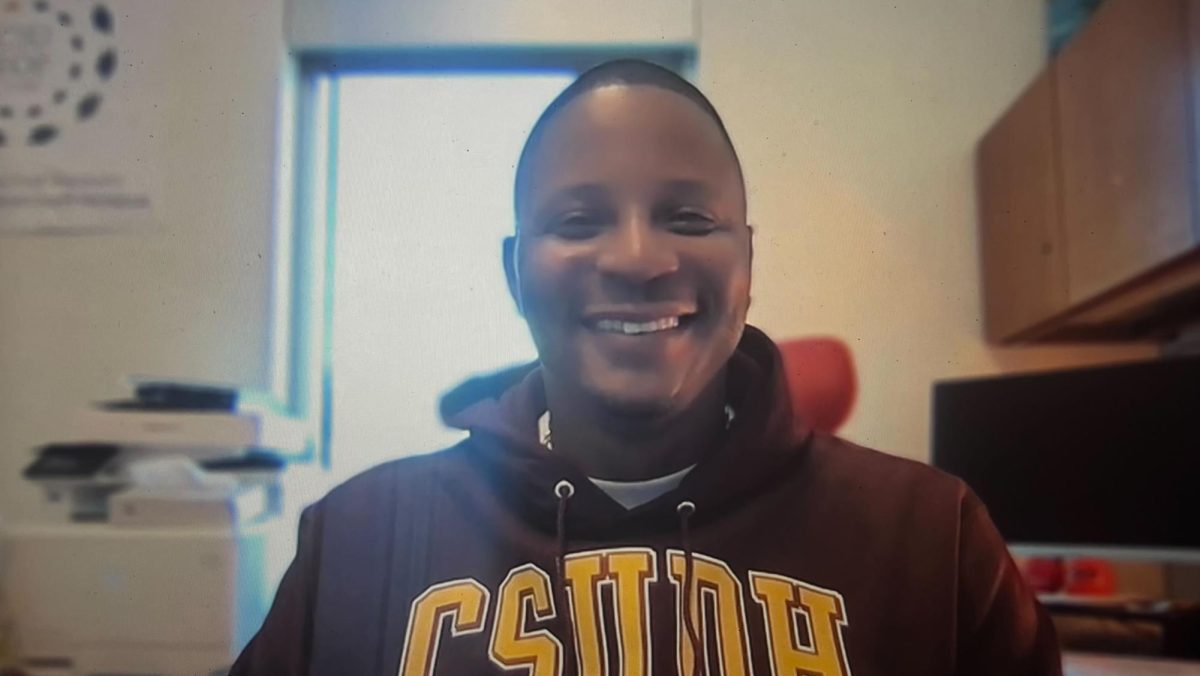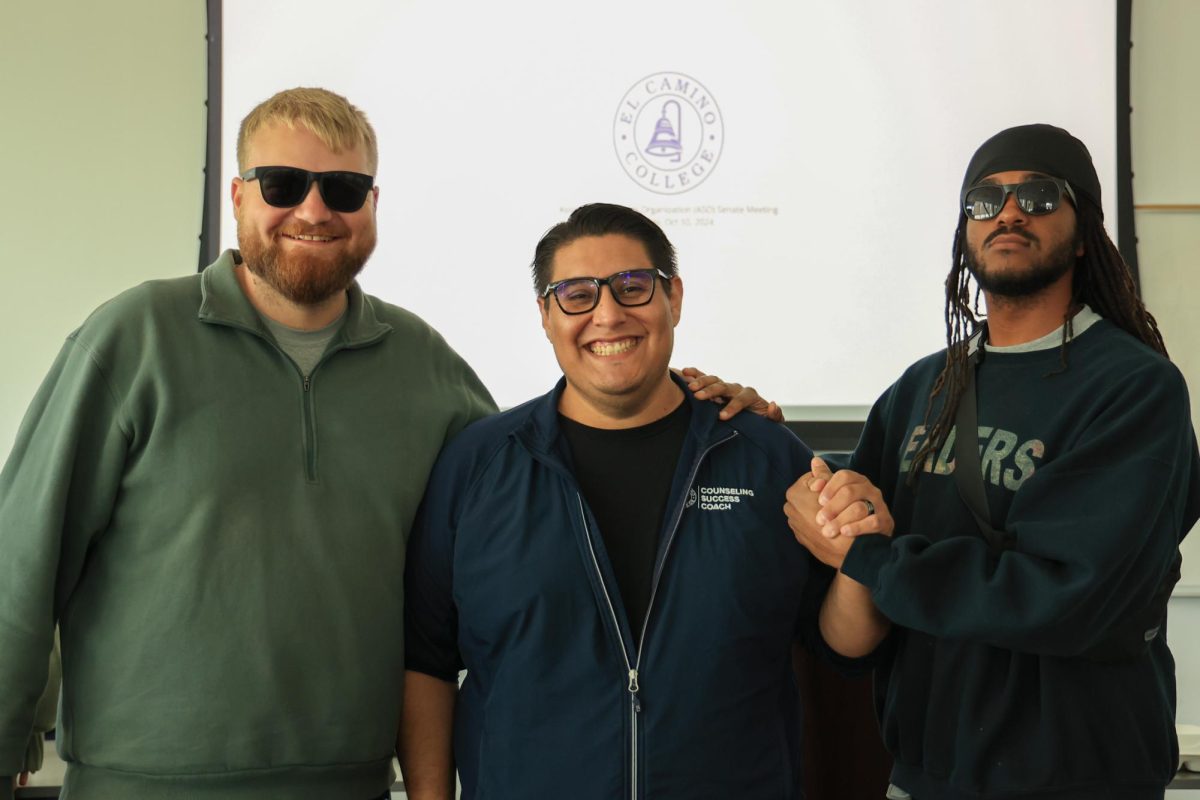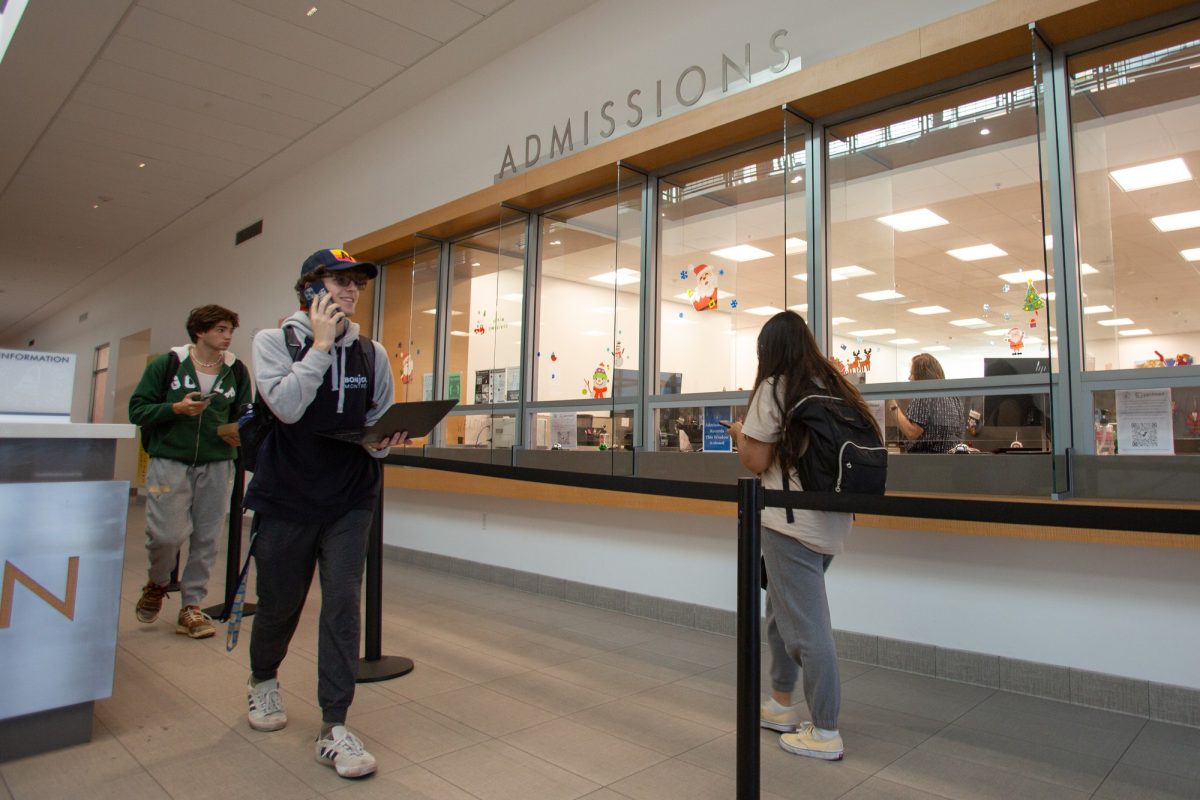Editor’s Note: This article is part of a series that will focus on Hurricane Katrina’s aftermath and connection to the EC community.
As Hurricane Rita poises to follow her sister Katrina onto the Gulf Coast as a possible category four storm, one may wonder where students displaced by Hurricane Katrina will be continuing their education.
For financial reasons, the chances are it won’t be at EC. While public and private universities alike are offering aid to students displaced by Hurricane Katrina in various manners, EC, as a California community college, is bound by the preexisting schedule of fees set by Sacramento.
“Because community college fees are set by the legislature, we could not waive the out of state fees on our own,” Ann Garten, director of public relations and marketing, said. “The state chancellor’s office had a bill on the governor’s desk to waive the out of state fees.” Garten said that as of Monday, the governor has not yet taken any action on this bill.
According to its website, www.usc.edu, the University of Southern California has not waived any of its fees either, but it has instead created a relief fund to “offer scholarship aid, as well as other means of support to help USC students and their families who now find themselves in dire circumstances.” EC apparently has no such plan to help students whose lives were changed because of the disaster.
USC is crediting students from affected areas for their units as if they were from each student’s home university or college; UCLA is doing much the same for its fall quarter, which starts Saturday.
Garten said that EC has enrolled a few students affected by the hurricane’s aftermath but not in any great numbers.
“At this point, the fee issue just hasn’t been resolved because the governor hasn’t signed that bill,” Garten said.
On the other side of this nationally influential catastrophe, any EC students called up for active duty military service will be released from their classes without any punitive notation on their academic record.
“Anybody that’s in the military service gets the military withdraw that does not go against them,” Esperanza Nieto, assistant director of admissions and records, said. “We have to give it to them by law and that would go for anyone who is in military service who is called into active duty.”
As for free or lowered tuition costs for survivors of last month’s tragedy, Nieto said that the state chancellor’s office “has been scrambling to put something together for that purpose.”
“If the state is not authorizing us to do that (lower tuition) then it looks like something that would have to be authorized through the board of trustees,” Nieto said.
Ultimately EC’s hands are tied because “we don’t control our own funds,” Garten said.
The main way that EC has been able to help is by raising money for the American Red Cross through the Associated Students Organization’s funds drive which last week had a table on the library lawn to accept donations of any amount from pocket change to large checks.
Student trustee Philip Gomez said that the way in which they will be raising funds is changing.
“We’re not going to do the table for a while, but we are still accepting donations, so if students or faculty want to make a donation they can come to the Associated Students Office or the Student Development Office,” Gomez said.
Joe Celli, executive public relations officer for the ASO, said that various clubs are now helping the ASO to raise money to add to the pool.
Celli said that all donors who make their donations by check will receive a receipt for tax deduction purposes.
“Anyone who writes a check to the American Red Cross is getting a receipt sent to them in the mail to whatever address is on the check,” Celli said.








